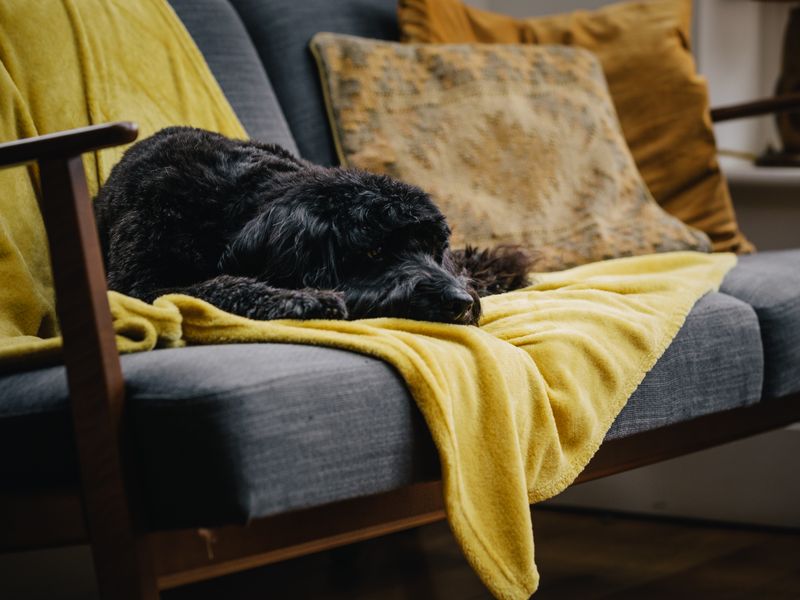Considering euthanasia
It can be hard to know when it’s time to say goodbye to a beloved dog.

Choosing to euthanise your dog can be an incredibly difficult decision and there are often conflicting emotions. Sometimes as owners we can fear being judged for considering euthanasia and can really struggle to make the best choice for our pets. Losing a dog can affect us in many different ways, and the grieving process can be very tough and painful. Getting emotional support during this challenging time is important.
Regular veterinary checks are vital as they allow us to discuss any concerns with the vet and to help us navigate through these incredibly hard decisions. The vet can detail what treatment is available for your dog, and what steps are needed in this process. Your vet will always be able to discuss euthanasia with you and go through what is involved during this time. Euthanasia is often a very selfless and kind decision, and allows us to provide a gentle, peaceful, and painless death.
When is the right time to say goodbye to your dog?
Being objective is almost impossible when you love your dog so much, so consider making a list of all the things your dog loved to do at their healthiest and compare it to how they are now. It is really important to discuss these with your vet, who can guide you through assessing your dog’s quality of life.
Questions to ask when considering your dog's quality of life
- Do you or your vet think your dog is showing signs of pain? Are they drinking and eating normally?
- Are they able to control their bladder and bowel functions?
- Are they still enjoying the things they previously enjoyed?
- Are they alert and engaged with their surroundings or withdrawn and subdued?
- If this was my friend’s dog and they asked my opinion, what would I say?
Your vet will be able to be objective and have the knowledge to give you sound advice and answer any questions you may have such as:
- Can you try to explain how my dog might be physically feeling now?
- What is the prognosis for other treatment (if any is available)?
- Can you explain the euthanasia process?
- Can I hold my dog?
- Can it be done in my home?
- If not, could I come in at a quiet time?
- Can I bring my dog’s favourite food/toy/blanket or bed?
- What will my dog feel as he/she is passing?
- Can I sit with my dog afterwards?
- What happens with my dog’s remains?
- What are the costs involved?
- Can I pay before my dog is put to sleep as I may be too upset afterwards?
More things to consider
If children (and other family members) are involved, it’s important to consider how you wish to explain the loss of your dog to them.
While you may not feel like having company, driving home alone whilst upset can be dangerous, and we would always recommend having someone with you for support.
If you wish to bury your dog in your garden rather than having them cremated, please check with your local authority that this is permissible in your area. It is also important to consider depth of burial due to local wildlife.
The needs of other dogs in the household should be taken into account as they may grieve too.
Your emotions are normal
It is completely normal to be upset after the loss of a beloved pet, no matter the circumstances. We love our dogs. They are dear friends, can feel like family, and are often the companions we spend most of our time with.
After euthanising a pet, you may feel guilt or mull over the decision again and again in your mind. It is important to remember you made the decision alongside the vet, with your dog’s wellbeing at heart. It is very important to reach out for support from friends and family to help you through these challenging emotions.



